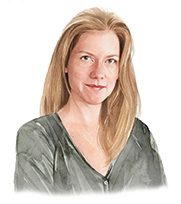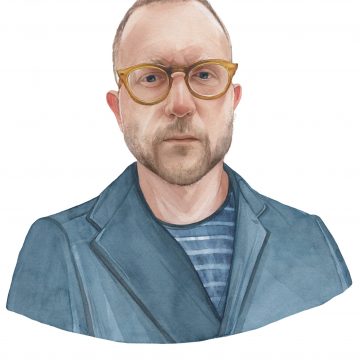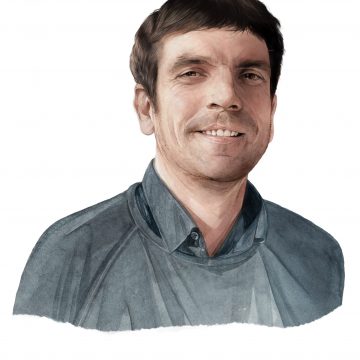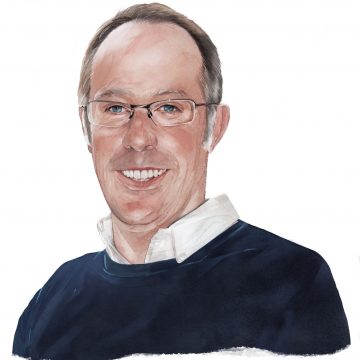‘They’re a good bunch – bright, keen. They’ll come up with something’
Dr Martin Ruehl is University Senior Lecturer in German intellectual history at the Faculty of Modern and Medieval Languages
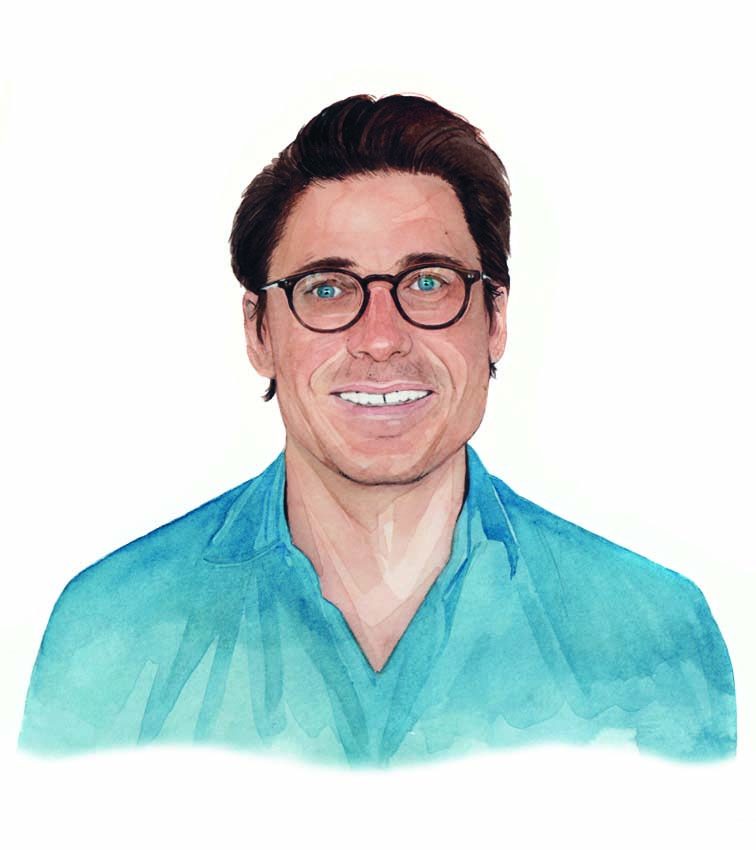
“So… if this is the core of fascist ideology, can you think of a ruler or regime today that might be labelled fascist?” I look around the lecture hall with what I hope is an encouraging expression. Some students are staring intently at their writing utensils or smartphones, evidently hoping I won’t call on them; others look back at me, but in a way that suggests they’re still not entirely sure what to say.
It’s a tough question. I’ve just given them a historical survey of National Socialism and Italian Fascism, the intellectual origins and goals of the movements, their style and organisation. Now I’m asking them to relate all that to the present, their present, and to pass judgement, in a way, on contemporary politics. They’re a good bunch, though: bright, keen, if still somewhat wary to speak out in front of their peers. They’ll come up with something. I’ll just give them a bit more time.
It’s the end of July. The Cambridge term is long over and our MML Finalists graduated a month ago. So what am I doing in Lecture Block 3 on the Sidgwick Site in the middle of the long vac, talking about fascist ideology? The short answer: outreach. Summer may be the time for research, but it is also the time for open days, masterclasses and student workshops. This is day four of the Sutton Trust Summer School in Modern Languages, a week-long academic residential that allows Year 12 students from around the country to live and study at a College as undergraduates do: attending lectures, classes and supervisions (as well as Formal Hall and a bop).
All participants have to meet stringent academic requirements – and they come from so-called ‘non-traditional backgrounds’, that is, postcodes with low participation in higher education or schools with a below-average exam performance. Many of the students in front of me are recipients of free school meals; most will be the first in their families to go to university. To encourage them to think seriously about studying modern languages at university, and at Cambridge in particular; to debunk the old (but resilient) myth of Cambridge as a bastion of the posh and privileged; to make them appreciate the challenges as well as the extraordinary benefits of a Cambridge education – that is my task and why I am here in LB3 today.
A hand goes up in the back row. It’s a serious-looking girl, with horn-rimmed glasses and a hijab
I have been coordinating these Summer Schools on behalf of the MML Faculty for the past five years and I still find it the most rewarding of my academic duties. It gives me genuine satisfaction to work with the students, to broaden their interest in foreign languages and cultures, and to see a steadily increasing number of them earning a place on our MML course.
In today’s lecture on ‘The Language of Fascism’, I’m trying to show them how vital linguistic and literary skills are for the work of the historian – and how vital knowledge of the past is for the work of the linguist and literary scholar. On the one hand, I want to alert them to the fact that, as students of modern languages at Cambridge, they will also be students of history; on the other hand (and somewhat self-servingly), I want to draw their attention to the new joint degree in History and Modern Languages that Cambridge launched in October (and that I am chairing).
Most importantly, though, I want them to think of fascism as an intellectual and cultural, rather than a purely political or socio-economic, phenomenon – to look beyond the unemployment figures of the Great Depression or the machinations of the Hindenburg Kamarilla in January 1933 and consider the preoccupation with decline and ‘degeneration’ and the longing for comprehensive cultural and spiritual renewal. This myth of the violent rebirth of the nation, in my view, is the centrepiece of fascist ideology – and the piece that survives the collapse of fascism itself in 1945.
A hand goes up in the back row. It’s a serious-looking girl, with horn-rimmed glasses and a hijab. She has not spoken so far. I expect her to go with Trump, but she surprises me and picks a head of state much closer to home, correctly pronouncing his surname. I ask her why and she gives a long, thoughtful, politically engaged explanation that triggers a lively discussion. I’m thinking to myself: I really hope she will apply here. I really hope they will all apply.
Find out more about the Faculty of Modern and Medieval Languages

